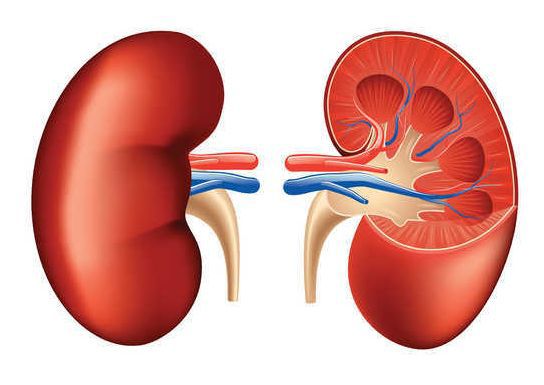
Photo for representational purpose only. - File photo
THE Transplantation of Human Organs and Tissues Act, 1994, prohibits commercial dealing in organs; it permits donation only between relatives or with regulatory approval under exceptional circumstances. But despite these regulations, the nefarious trade in human organs continues, as evidenced by recent incidents in Haryana and Rajasthan. An inter-state kidney transplant racket was busted in Gurugram on Thursday. The mastermind, Jharkhand resident Mohammed Murtaza Ansari, is accused of luring donors and recipients, primarily from Bangladesh. Ansari took to social media to put out advertisements promising financial gains for donors. They received around Rs 2 lakh, while he pocketed Rs 8 lakh per transaction. He allegedly facilitated kidney transplants at a premier hospital in Jaipur. Last year, a website soliciting kidney sellers was exposed when the reputed hospital whose name it was misusing complained to the Gurugram police.
The recurrence of such malpractices demonstrates the audacity of organ traffickers and the challenges faced by law enforcement agencies. Criminal syndicates exploit regulatory gaps and utilise digital platforms to evade detection. In 2020, a Panchkula court had sentenced Dr Amit Kumar to seven-year jail for threatening witnesses in a kidney transplant scam. However, such convictions often focus on individuals rather than the organised networks that keep the illegal trade running.
There is an urgent need for stringent measures to combat organ trafficking. The police and other agencies must collaborate closely to dismantle the networks, while stiff penalties must be imposed to deter potential offenders. Addressing the root causes of the menace, such as poverty and the lack of access to affordable healthcare, is paramount. Collective efforts are required from various stakeholders — the authorities, healthcare providers and civil society — to curb the rampant sale of organs.
Join Whatsapp Channel of The Tribune for latest updates.


























